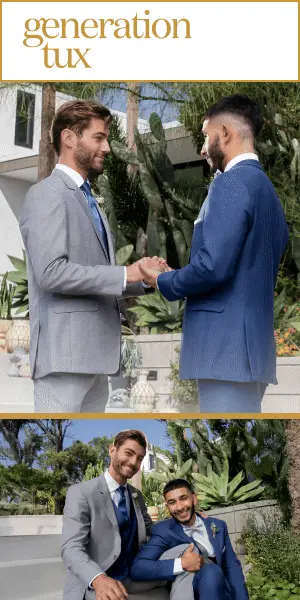The social media app TikTok has been censoring posts by users who are fat, disabled or LGBTQ+ as part of the app’s attempt to combat bullying.
The German tech website NetzPolitik.org reported this moderation policy. TikTok was released in 2017 and allows users to share videos. The owner of TikTok, Beijing-based ByteDance, told moderators how to approach content from users that are “susceptible to harassment or cyberbullying based on their physical or mental condition,” according to internal documents. LGBTQ+ and fat people are also included on a list of users who the app has deemed a bullying risk. These users’ video reach was capped.
Moderators found these rules difficult to implement, and they were instructed to limit video reach by not making videos available beyond the users’ native countries and keeping the content out of the app’s recommended For You feed. They were also told to limit the reach of videos even if users only appeared to be disabled—and were supposed to assess conditions such as autism, Down syndrome and facial differences in the users’ videos.
RELATED: YOU’LL SOON BE ABLE TO USE NONBINARY COUPLE EMOJIS ON YOUR PHONE
TikTok moderators also maintained specific lists of users who were considered to be at risk of bullying, including people with the words “disability,” “autist,” “gay,” “nonbinary,” “fat woman,” “lesbian” or a rainbow flag in their bios.
A spokesperson for TikTok’s owner, ByteDance, told NetzPolitik that these moderation rules were never intended to be permanent and were simply a bandaid for rampant cyberbullying on the platform. “This approach was never intended to be a long-term solution and although we had a good intention, we realized that it was not the right approach,” the spokesperson said.
Annika, a kindergarten teacher and proud fat woman who was listed on TikTok’s list of high-risk users, doesn’t believe the policy should have existed. She went viral for her dance videos on the app and received serious cyberbullying as a result, but she believes it’s discriminatory to limit users’ reach regardless of the intent. “People follow me now who see me as a role model,” she told NetzPolitik. “That made me even stronger.”
Fin Leary
MOST VIEWED STORIES
- How to have a green wedding that Mother Earth would attend
- Simplify wedding communication with digital engagement announcements and thank you cards
- A Spiritual and Earthy Elopement at Lassen Volcanic National Park
- Food Trucks, Craft Booze and Cultural Fusions: How New England Weddings Are Changing the Game
- Reverse Honeymoons: Volunteering Abroad as a Couple’s First Act of Marriage





























